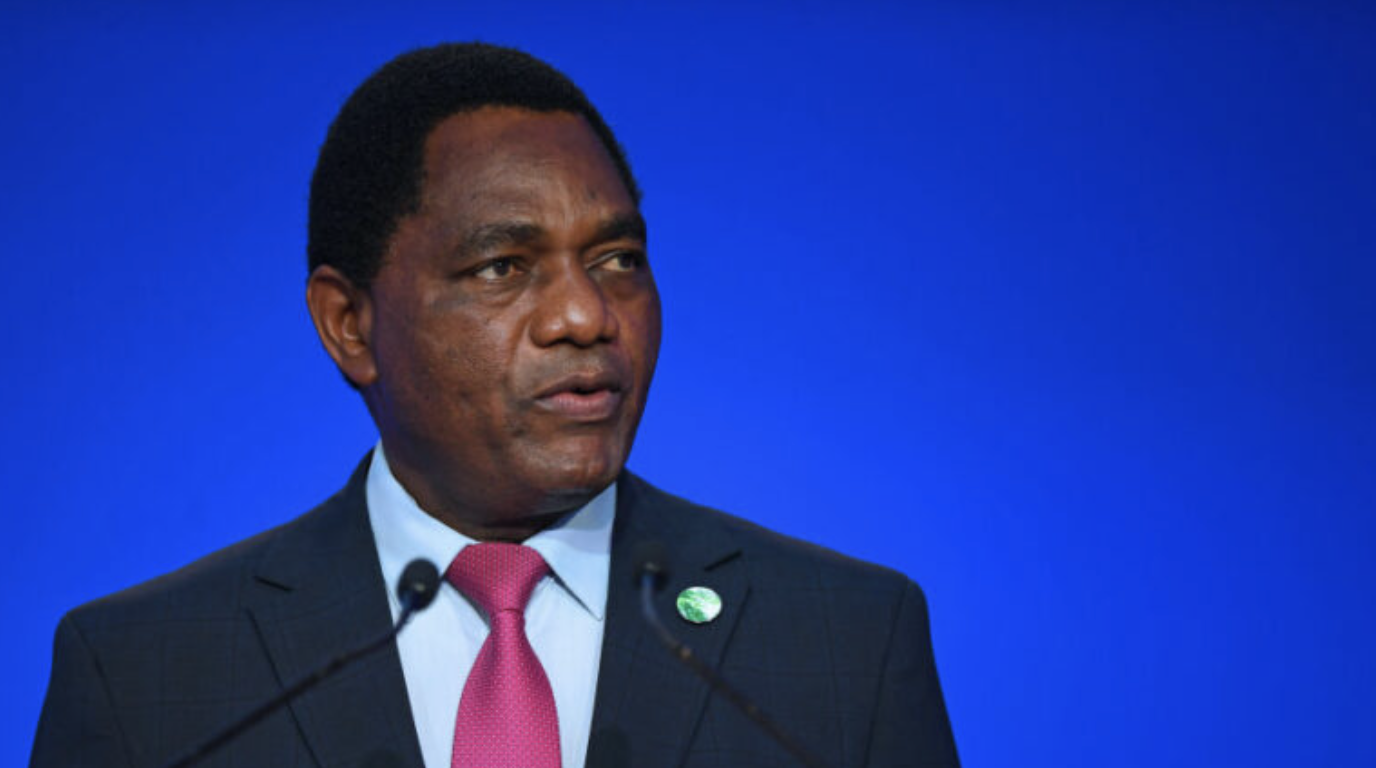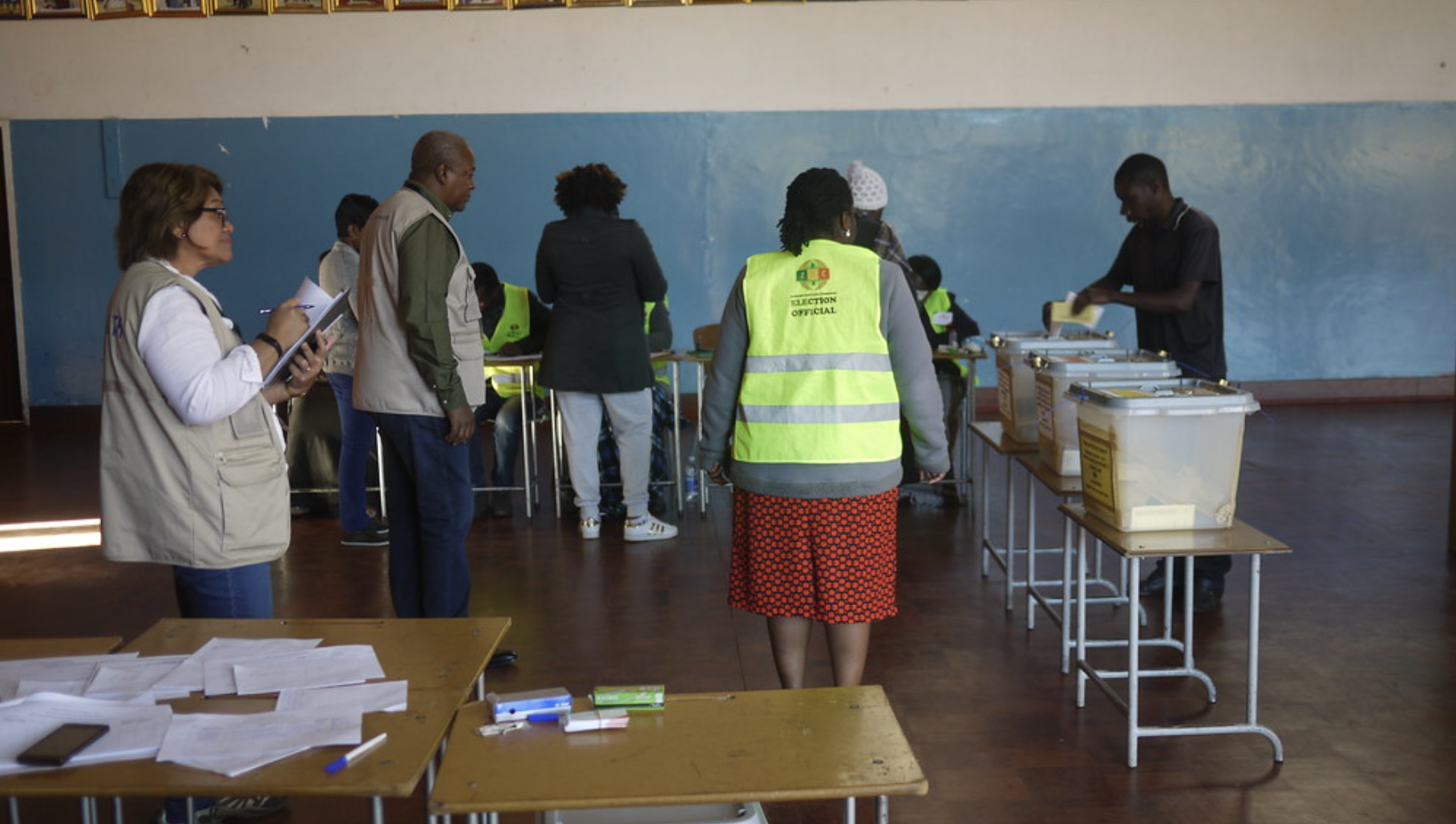News
Why can’t SA Take Leaf out of Zambia’s Reform Book?
ZAMBIA is on the up. You can see it when you drive from the Kenneth Kaunda Airport, a stark and overpriced reminder of the excesses of the prior corrupt Lungu regime, to State House in the centre of Lusaka, a journey I make often with Dr Greg Mills in assisting the new President, His Excellency Hakainde Hichilema. We comment how the visible improvement is in stark contradiction to the decay in our hometown, Johannesburg.

By Hulme Scholes
Saddled with crippling international debt by the previous regime and with the economy ravaged by corruption, the new President has quickly set to work to reverse this situation.
One of the juiciest low-hanging fruits has been to reinvigorate mining investment in copper-rich Zambia to fund the fiscus and fix the economy. The First Quantum re-investment of US$1.5bn to expand its Zambian operations has become a showcase reform process for this new administration.
Change has been possible because this Zambian government realises that the only way to attract foreign direct investment is to allow mining companies to do what they do best; mine. Make that easy and investment will flow.
Limit state interference and move away from resource nationalisation and you will become the talk of the resource business, as has happened. Extract taxes and reasonable royalties and let the country enjoy the investment multipliers such as job creation and Zambian supplier development. Employed citizens are happy citizens.
That is why the energetic Dr Mills and I are there, to complement this process and to make Zambia the primary investment destination for mining capital in the world.
Mining is all I know and the way to attract investment is to do exactly the opposite to what the South African government is doing: allowing corruption and criminality to flourish unpunished; exercising 1960s-style Soviet centralised control over the economy; exposing the mining industry and potential investors to a quagmire of suffocating red tape; destroying through neglect, corruption and criminality the power-generating capability of the country so that it is impossible to expand any industries, let alone the power-hungry mining industry; and allowing the rent-seeking of political elites to prevail and prey over the national interest.
We arrive at State House and are met by the President, the uber-precise Minister of Finance, Permanent Secretary of Finance and others. We discuss the list of mining challenges; an action plan is drawn up with areas of responsibility and timelines. Accountability is not negotiable. It is liberating to be part of this process and to see how governments should work.
I wish I could be part of a similar process in my own country. I wish the South African government, obsessed with race and identity politics, do not see Dr Mills and I as part of big business, a sector perceived as an enemy of the state, especially when it speaks out against incompetence and corruption.
I wish I could be as proud of the mining industry in my own country as I am of our role in Zambia. The greatest impediment to this process of reform is politics, and in particular, the brand of politics practised by this generation of ANC leaders.
This article originally appeared on mining mx
Photo: Mining MX

